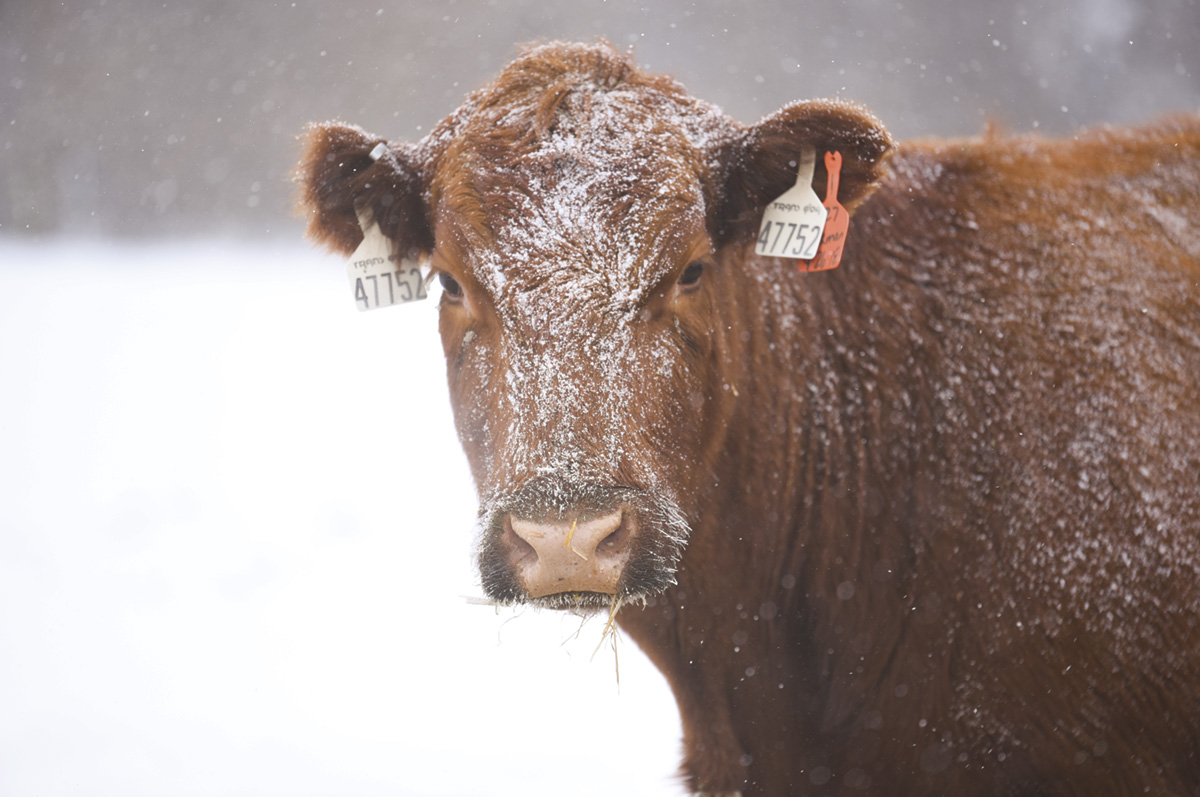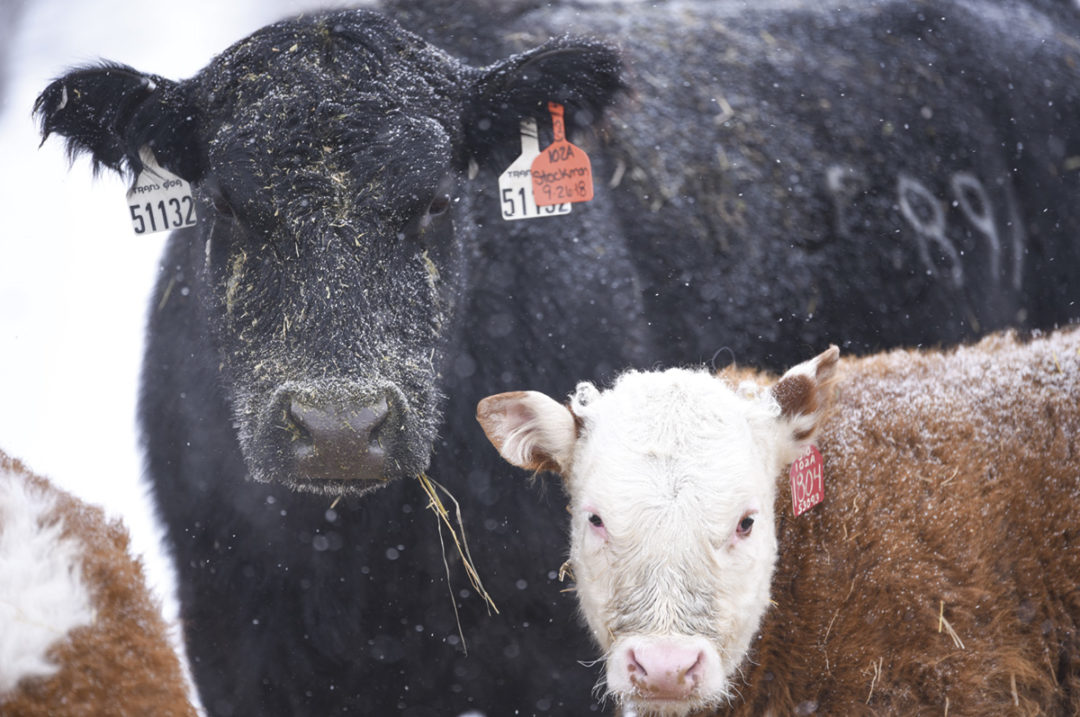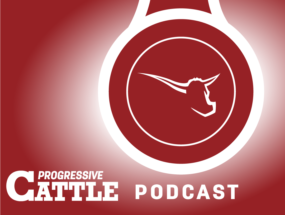Keeping and feeding cows through the winter is likely one of the largest reoccurring investments you’ll make in your cow-calf operation. A lot goes into the final calculation, but the return value from tracking winter cow costs is well worth it.
Here are a few reasons many cow-calf producers track winter cow costs:
- Putting a price on home-raised calves – It’s hard to know what your calves are worth off grass, especially for producers who feed out those calves themselves.
- Custom-feeding cows – Feed is expensive. If you’re feeding cattle a total mixed ration (TMR), it’s important to capture exactly what those cows are eating so you don’t under- or overcharge.
- Controlling cow costs – You can’t control cow costs if you don’t know how much you’re spending to keep them around. Feeding cows through the winter is the biggest opportunity for most cow-calf operations to find cost efficiencies.
Once you start tracking wintering costs, it’s important to track the right inputs as precisely as possible.
What inputs to track
Winter feed inputs usually make up the majority of cow costs overall. Make sure to account for the forages you grow yourself, not just purchased feeds. It’s also important to account for nonfeed operating costs, also referred to as yardage. Those can include labor, veterinary costs, depreciation, machinery repairs and more.
Collecting this information can be overwhelming, and pen-and-paper calculations often prevent producers from following through. However, there are options to help simplify the process.

Keeping cows over the winter is an enormous cost – and producers should use the tools available to better understand how they can shrink that cost. Photo courtesy of Performance Livestock Analytics.
Invest in a platform that does the work for you
Software platforms such as Performance Beef are great tools to more precisely measure and track feed costs, keeping all your data in one place.
For Chelsey Erdmann, a cow-calf producer in North Dakota, having a platform that automates tracking feed inventories has been a weight off her shoulders.
“The iPad records the weights we load and how much we feed in each pen,” she says. “Then the best part – we have a cost figured every single day as soon as we’re done with chores. We immediately know the difference in feeding during a storm versus feeding during a warm spell.”
Automation is often the difference between wanting to track winter cow costs and actually doing it.
Derek Pohl, a cow-calf producer in Nebraska, remembers running custom cows on cornstalks before using cattle management software.
“It was a mess,” he says. “Having to add up costs if you had a cow die, remembering what day it was, tracking yardage and then writing down feed, was horrible. I know we were undercharging.”
Once he transitioned to the software, he set it up to charge $1 per day for yardage. He tracked feeding costs as he fed every other day and included any minerals as added costs. Pohl could even see how long cows were on each field and the cost per day once he pulled them off.
In South Dakota, cow-calf producer Ashton Prangley runs cattle on shares with a neighbor.
“It’s nice to have a certain ration for my neighbor’s cows along with our own cows and be able to see individual prices for feedstuffs when we settle up at the end of the year,” she says.
Put the numbers to work
Once you calculate winter cow costs, there’s ample opportunity to fine-tune and reduce your costs. For example, Erdmann is always looking for feed ingredients she can swap to gain more value or decrease cost.
Knowing cow costs helps determine the true cost of a calf off grass, too, so producers know what price they need to get for those calves to make money.
On the feed side of things, it’s helpful to see how much your cows actually eat. Producers who raise their own forages can better manage how much to plant and what to sell or keep for themselves.
Your cow herd should work hard for you, just as you work hard to care for your cows. Keeping track of accurate winter cow costs gives you perspective to make sure that’s happening.









